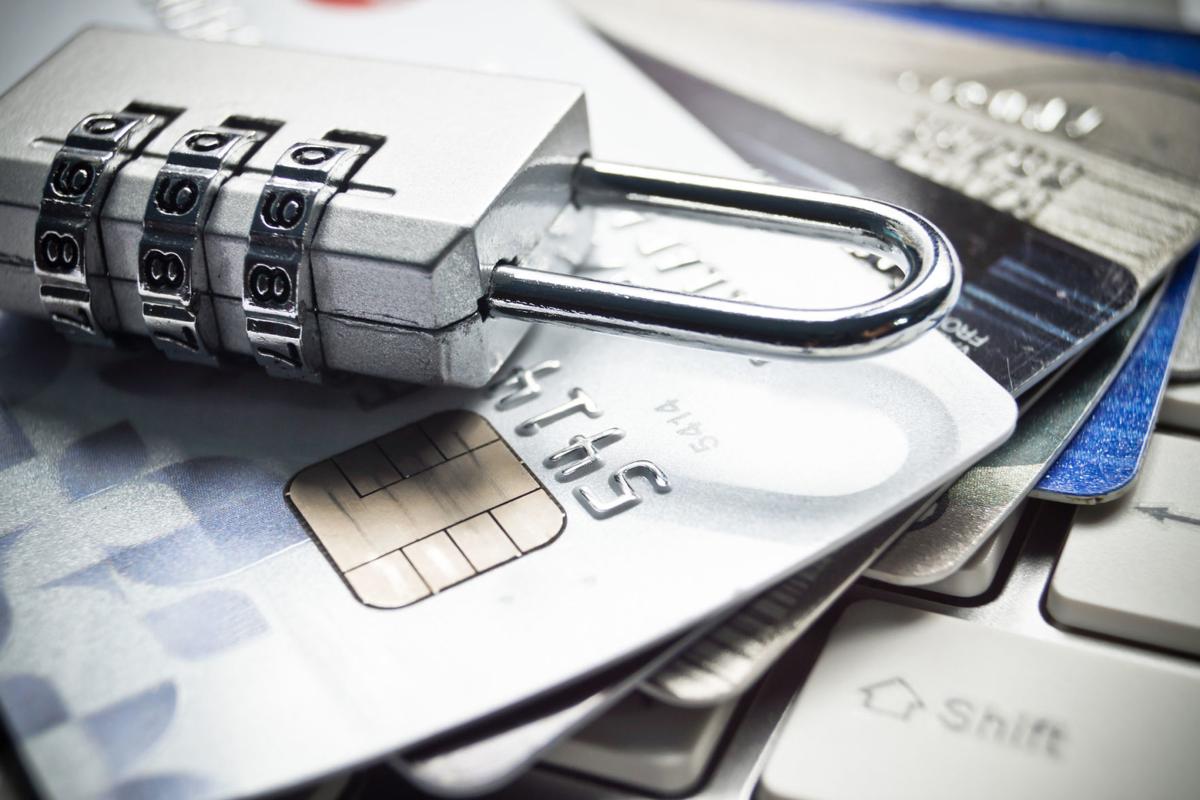For con artists, the holidays are the happiest time of year.
Shoppers from Tucson and beyond are in the crosshairs of crooks trying to get them to donate to fake charities or buy gifts from bogus shopping sites, the Better Business Bureau Serving Southern Arizona says.
This year the bureau has launched a “12 Scams of Christmas” campaign to explain the types of fraud most common to the season. Many operate on social media platforms.
Misleading ads on social media — Making a purchase through a social media ad is risky, the BBB says. You could end up empty-handed, or receive a counterfeit item or find yourself paying a monthly fee you didn’t sign up for. “Do your homework and research the company before ordering,” the agency advises.
Social media gift exchanges — It sounds innocent enough — trading bottles of wine or low-cost gifts with strangers. One version, called Secret Santa Dog, involves buying a $10 item for a “secret dog.” The scammer’s true goal is to collect personal information.
Holiday apps — When downloading apps for things like video chats with Santa, check the terms and conditions to see what user data will be collected and shared. Steer clear of free apps, which can contain malware.
Compromised account alerts — An unsolicited text, email or phone call warns of suspicious activity on your bank card or other account and urges immediate action to prevent fraud. It’s really a ruse to obtain your financial information.
Free gift cards or prizes — Unsolicited texts or emails that claim to offer free gift cards or prizes on behalf of Starbucks or other famous companies. Do not open or click on links.
Temporary holiday jobs — Be wary of unsolicited, seasonal job offers that sound too good to be true. It could be from someone trying to steal money or personal information.
Look-alike websites — Fake shopping websites often distribute links to the sites via mass email. Instead of clicking on an email link, it’s safer to visit a shopping website directly.
Bogus charities — About 40% of all charitable donations are made in December, and criminals want a cut of the action. Several charity rating sites are available online including give.org which is run by the BBB. Always donate by credit card to protect against fraudulent charges.
Fake shipping notifications — Real shipping firms do peak volume during the holidays. Scammers piggyback on the busy season with phishing emails that purport to offer shipping updates. Clicking on the link can expose personal information or infect a device with malware.
Pop-up virtual holiday events — When holiday markets and craft fairs started moving online during the pandemic, scammers took note. They set up fake copycat events on social media and charge admission fees in a bid to steal credit card information.
Huge discounts on hot gifts — “Low or ridiculously priced luxury goods, jewelry, designer clothing and electronics are almost always cheap counterfeits and knockoffs,” the BBB says.
Puppy scams — The BBB does not recommend buying a puppy sight-unseen on the internet. Instead, “request to see the pet in person before making a purchase.”





